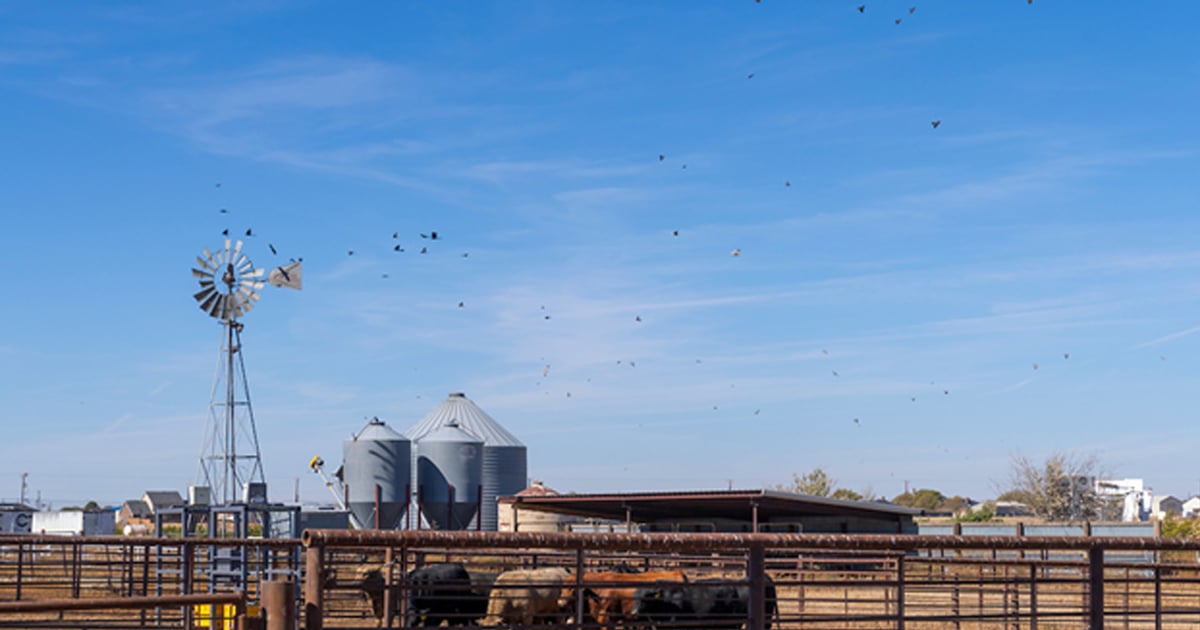Mexico extends duty exemptions for imported pork, beef, poultry
Posted on January 9, 2024
Source: Farm Progress. The original article is posted here.

Erin Borror, U.S. Meat Export Federation vice president of economic analysis, explains that Mexico first suspended these import duties as part of an effort to combat rising food prices.
"So if we recall back to May of 2022 and the inflationary reduction efforts by several countries, that's when the Mexican government first implemented zero tariffs on all imports of beef, pork and poultry. Not completely unheard of because Mexico had previously introduced temporary tariff free quotas for import," Borror says.
"Similar to the U.S., inflation in general has been coming down. So we kind of had a sense that they may go ahead and let that temporary tariff exemption expire at the end of 2023. But they extended it again through the end of 2024, and so now it's kind of become a longer term policy."
Borror explains how this has affected competition in the largest destination for U.S. pork.
"The U.S. and Canada are at zero duty through NAFTA and USMCA, so the zero tariff benefits were really going, on the pork side, to Europe and then with Brazil beginning shipments in February of 2023, Brazil was also benefiting. Those exports from Brazil had ticked up above 5000 metric tons a month. But then in late November, a Mexican court actually halted the access for Brazil related to their sanitary access. So the court case has resulted in at least a temporary suspension of Brazilian pork entering Mexico," Borror says.
"Ninety percent of our exports are chilled and difficult for Brazil to compete head on. So our share of total exports of pork to Mexico actually increased from the prior two years to 84%. So that Brazilian product that has made inroads - they were taking market share from Canada, and Brazil took share from Europe."




